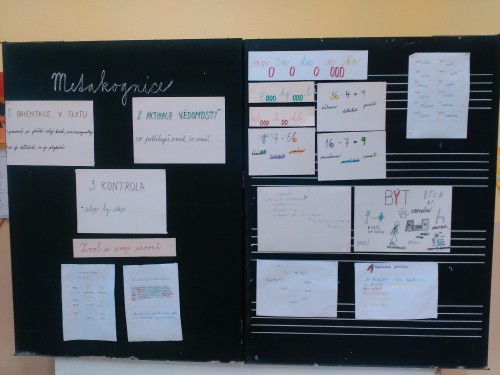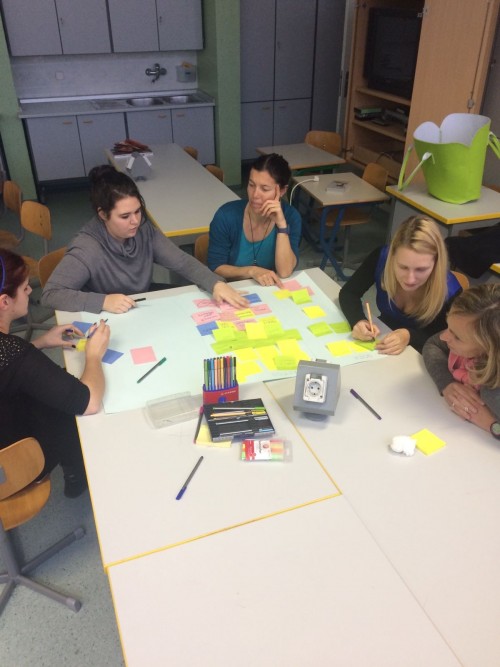Metacognitive skills can be trained, provided that…
1.
Metacognitive instructions should be integrated with a learning task in order to be successful. By applying metacognitive skill to a concrete learning task, students are informed of What to do When and How. Therefore, separate study-skill lessons do not make sense.
2.
Students should be explicitly informed about the benefits of metacognitive activities in order to make them exert the extra effort required for these activities. This concerns the Why of metacognitive skills. Students are especially sensitive to concrete arguments of gaining time, making fewer errors, and obtaining higher marks.
3
Metacognitive instruction should be given over a prolonged period of time to bring about (enduring) effects. Practice makes perfect.
Therefore, instruction of metacognitive skills should explicate to students What to do When, Why that is needed, and How to do that (the WWW&H rule; Veenman, 2013).


